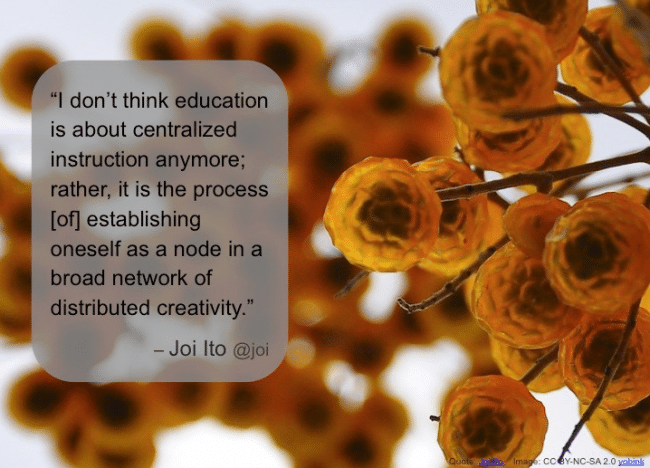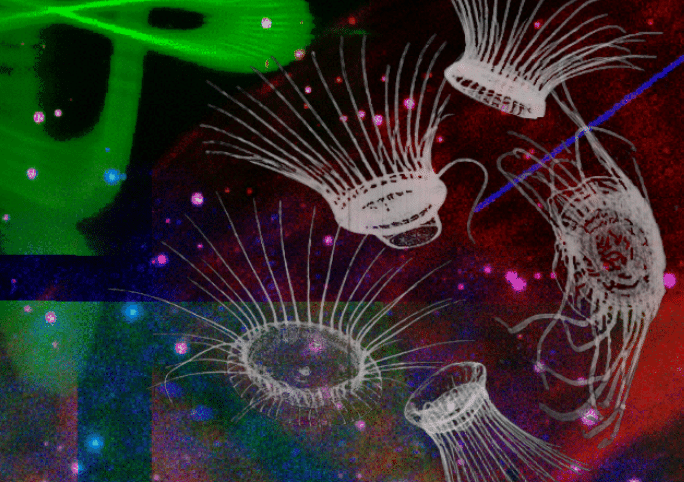Major scientific discovery has traditionally been the playground of one group: the elite. It’s no coincidence that Darwin, Copernicus, and others legends came from well-off backgrounds as scientific breakthroughs often require equipment, access, time and privilege not available to all. Technology is now starting to leverage the playing field and, more important, scientific leaders and organizations are recognizing the power of crowdsourcing. As in most areas, scientific crowdsourcing brings two big advantages: input for the development and support for the project. The more minds that are involved with a problem, the more likely we will find a creative solution. This rule goes double for science because a field like, say, internal medicine or molecular biology has a rigorous dynamic intended to promote intelligence, but just as often can have unnatural barriers to original thinking. For instance, your chances of becoming a full-time scientist may be less if you lack the financial resources for med school, or may not be given the same opportunities by being a minority, or may simply learn in a way that doesn’t fit the tests traditionally given. As a result, a certain mindset is prevalent among scientists, as it is in many professions, and that stifles true breakthroughs from happening. Everyone is viewing the puzzle from the same perspective. Input from the outside world breaks this cycle, as crowdsourcing has low-to-no barriers to entry. The most famous modern example is the Foldit puzzle. In 2011, the University of Washington was one of many organizations struggling to understand an AIDS-like virus found in rhesus monkeys – something that could be the key to slowing, if not stopping the virus. It already had a popular online, molecules-based video game, Foldit, so the university uploaded a simulated version of the virus and welcomed people around the globe to manipulate the virtual, Rubix Cube-like enzyme. It had millions of potential mutations. The quarter-million users cracked the code in 10 days.
A University of Washington spokesperson said at the time, “Foldit shows that a game can turn novices into domain experts capable of producing first-class scientific discoveries.” The success here is actually for the opposite reason: Novices are able to see things that domain experts are too close to see themselves. Access was already in the hands of the domain experts! The breakthrough often comes from ideas, mindsets and disciplines outside of your area of focus. Public support for the project is a powerful byproduct of crowdsourcing, too. Master marketer Seth Godin raised more than a quarter million dollars on Kickstarter for his 2012 book The Icarus Deception, and yet he had a traditional publisher and likely enough money in the bank to do it himself. Years later, he explained that he didn’t do it for the money, but for the support. Kickstarter, Indiegogo and the like are what he calls “levers”, as in pulling the lever to get the potential community active. The money is just a sign of commitment. Godin’s argument applies in reverse, as providing financial incentive to get involved can activate a community, too. For instance, the annual XPrize gives up to several million dollars to international scientific and engineering teams. Though even financial rewards fail to represent the ultimate incentive: recognition. Social currency can’t be brought to the bank, but it does represent a public credibility and respect through contributing to a higher cause.
A great example is the people-powered research platform Zooniverse. Millions of people are simultaneously contributing to hundreds of thousands of scientific projects, ranging from classifying new galaxies to transcribing Shakespeare. The key point here is 1.6 million are online doing this scientific work for free. They are volunteers. We can have this democratization of discovery, but the true level playing ground only matters when everyone consciously decides to get involved and sacrifice what is necessary to do so. For scientists, it could be money to school and years of quiet study. For today’s crowdsource contributors, it may be skipping the money altogether and years of developing their own understanding of science outside of the establishment. The fact that they aren’t scientists is their biggest asset. We can expect friendly competitions, conversations, and opportunities like Zooniverse and the XPrize to become closer to the norm, especially as once-relatively-accessible scientific funding has gone in flux in America and other countries. It reflects the private increasingly supporting the public, just as Uber compensates for lagging public transportation, except in this case the benefit isn’t just an increase in consumer options, but a rise in our collective scientific intelligence. Keeping up with fast changing trends and developments in crowdsourcing can be hard. You’ll find a very effective option is to attend our #CSWGlobal18 conference running 24-28 October in Washington, D.C. Thought-leaders and top crowdsourcing practitioners from around the world will take the stage for two days at the iconic Carnegie Institution for Science, followed by an optional two days of expeditions to the nearby National Air & Space Museum and the Smithsonian Institute – iconic facilities that have both embraced crowdsourcing models. We have an Agenda and tickets are available with a limited number of offers, including Team Passes. We hope to see you there. Main image source: Catherine Cronin/Creative Commons






0 Comments